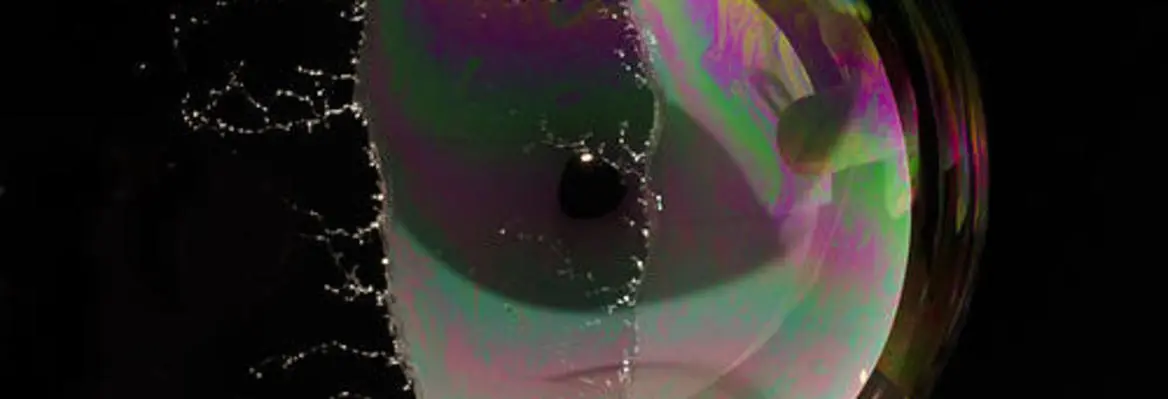We tend to assume that our wages or salaries should, and will always rise in real terms. That living standards will follow the same trajectory. That house prices will never fall. That the price of Picasso paintings or ruby rings can be trusted always to “smash records”. And that the economy will “grow’ exponentially over time. Indeed “economic growth” is hard-wired in the way we think about, and measure the economy.
This is delusional stuff, if only in linguistic terms. “Growth” derives from nature. Plants are seeded, animals are born, they grow, mature and then die. And although humans mostly live in denial of the reality, our lives follow the same trajectory.
Death is as inevitable as taxes.
We know, in our heart of hearts, that there are limits. That markets and firms, grow, mature and then die – or implode. Think of the market for sub-prime mortgages, CDOs, credit default swaps or even that for chimney sweeps. Think of firms like Woolworths, HMV, PanAm, Arthur Andersen or Enron.
They are no more.
There are limits. Not just to the lifespan of firms, markets and human lives, but above all to our ecosystem and planet.
So why, when we apply this language to the economy do we assume ‘growth’ is limitless?
In fact this delusion is a recent one. Before the 1960s economists, most notably Keynes, discussed the economy in terms of “levels” of activity. They were concerned with the level of output, the level of employment, and the level of prices. Was the level too high – and therefore inflationary? Or was the level too low – threatening recession? Or was it just right – sustainable?
In 1961 the OECD, encouraged by ‘classical’ economists like Samuel Brittan and discouraged by what - compared to today’s standards - were high, sustainable levels of economic activity, proposed to turbo-charge the economy.[1] At the time, Britain was in the happy position of providing full employment to her people. Macmillan’s 1957 comment that Britons ‘had never had it so good’ still rang true.
It was at this point that the OECD, the British government (the National Economic Development Corporation) and Samuel Brittan championed an unsustainable and delusional new target for something they named “growth” - a rate of change of a continuous function – which turned out to be 50% for Britain over the decade.
Sam Brittan proudly called himself a ‘growthman’ and while promoting this unsustainable and inflationary target, also pushed policies for financial liberalization.
These policies led to a series of credit booms – regarded as ‘infinite booms’ by for example, traders in sub-prime mortgages and collateralized debt obligations (CDOs) on Wall St. and in the City of London.
But there are limits to credit booms too. Indeed credit booms are the best predictors of financial crises.
So as sure as night follows day, the liberalization of finance was followed by a series of banking crises. These erupted in both advanced and emerging countries in the 1970s. The Latin American debt crisis launched another series of sovereign debt crises in 1982. Thanks to financial de-regulation of the American ‘thrift’ industry, the Savings and Loans crisis of the 1980s was followed by the 1987 stock market crash; the 1989 Junk Bond crash; the Tequila crisis of 1994; the Asia crisis of 1997-8; the Dotcom bubble of 1999-2000 and then the global financial crisis of 2007-9.
But while markets, banks, firms and millions of individuals “crashed and burned” the economic theory and policies behind limitless growth were untouched. They remain intact to this day















Join the conversation